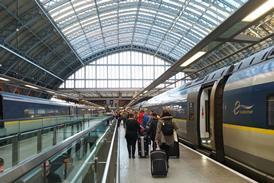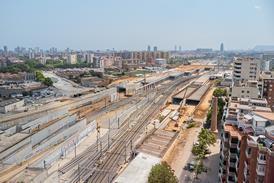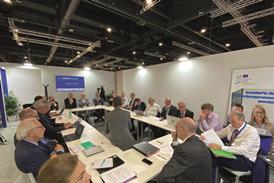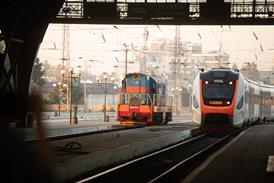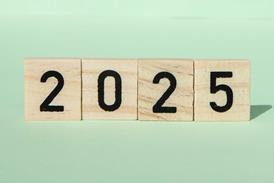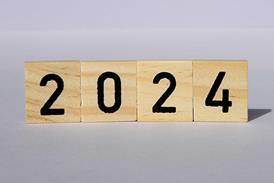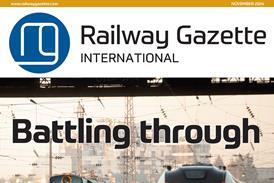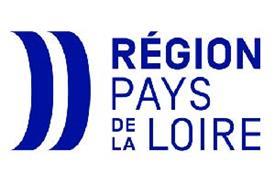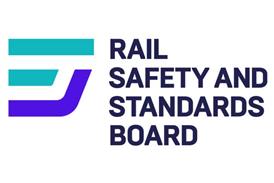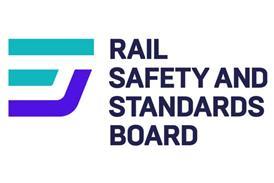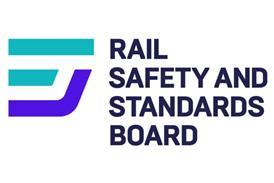ON JUNE 6 Managing Director of Belgian National Railways Karel Vinck laid out his plans to rescue the national railway from what he believes will ultimately be financial disaster. Called ’Move 2007’, the proposal was well received by the board, but Vinck has yet to persuade the as-yet unformed government of the plan’s merits, as well as the trade unions. The unions’ response was swift and predictable - they could not possibly imagine SNCB functioning with one single person less on the payroll, and to prove it promptly began a series of protest strikes.
The basis of Move 2007 is a radical improvement in productivity right across the board through better organisation and greater flexibility in the workplace. By 2007 domestic train-km should increase by 7% to help lift the number of passengers carried annually by 13% and passenger-km by 20% to 7·6 billion. Freight carryings are to be stabilised at 50 million tonnes a year. Operating losses should cease thanks to 12700 jobs being removed from the present payroll of nearly 45000.
Vinck will also ask the government to ease SNCB’s financial burden by taking on over €7·2bn of debt from January 2005. Financial projections envisage that earnings before interest and taxes, amortisation and depreciation would reach €57m in 2005, rising to €396m by 2007.
Other elements in the plan include the introduction of simpler and more flexible fares, the withdrawal of all remaining loco-hauled international trains apart from overnight services to Hamburg and Wien, renegotiation of the contract with German Railway for the loss-making ICE service between Brussels and Frankfurt, improvements to the financial performance of Thalys, and reducing the losses incurred by Eurostar operations, possibly pulling out of Eurostar altogether.
Investment in 2004-07 would total €5·8bn, €1bn less than envisaged in the 2001-12 plan, which left 25% of the proposed €17·7bn unfunded. A start on major projects such as the Diabolo scheme for better links to Brussels Zaventem airport, new lines to Namur in Wallonia (RG 4.01 p255) and a second access route to Antwerpen port, together with the Iron Rhine freight route into Germany, will be postponed because of funding shortages. In contrast, the Brussels RER works and the planned tunnel from Schuman to Josaphat to relieve the busy Nord - Midi cross-city line in Brussels will continue.
Not unreasonably, Vinck’s view is that if the government wishes to use the national railways for social purposes by providing employment and keeping fares low, then it should be clearly specified and calculated. Meanwhile, passengers will suffer through continued industrial action.

